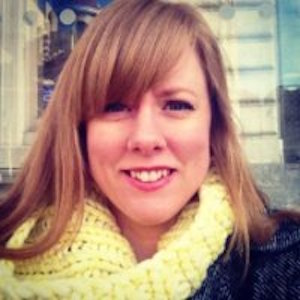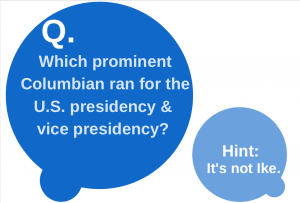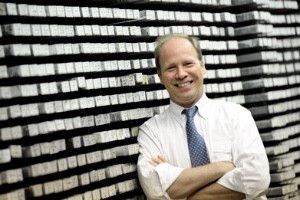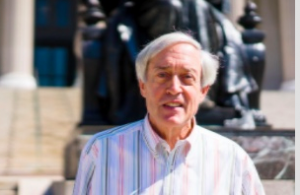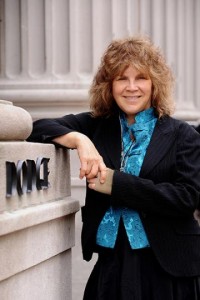All-Staff Meeting Highlights
On February 10, members of Columbia’s Alumni and Development community gathered in Lerner Hall for a morning devoted to rethinking risk-taking and improvisation. Here are four takeaways and our photo gallery.
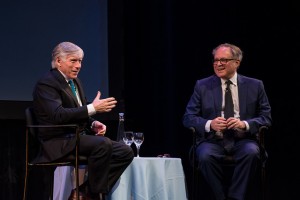 1. Reinventing The University
1. Reinventing The University
How can a university help the world cope with massive change? That was one of the questions posed by President Lee C. Bollinger in his discussion with Nicholas Lemann, director of Columbia Global Reports.
We can no longer rely on the old paradigm of faculty individually pursuing research. We must adjust our thinking, to do more. Through interdisciplinary cooperation, a network of Global Centers, and partnerships with scholars, alumni, and donors throughout the world, Columbia is redefining the role of the university. We are uniquely positioned to solve complex problems in an increasingly interconnected world.
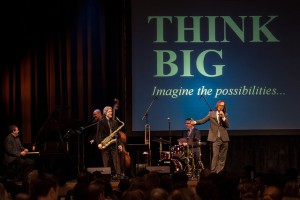 2. What Jazz Can Teach Us
2. What Jazz Can Teach Us
Chris Washburne, director of Columbia’s Louis Armstrong Jazz Performance Program, demonstrated the power of improvisation.
He led a quintet of Columbia’s jazz faculty through a selection of standards, and they knocked the room’s socks off, though it was their first time playing together. How did they do it? Each member of the group was improvising and listening to each other.
The lesson? Staying in the moment and really listening to someone is key. Sometimes, improvising leads to failure. But from failure comes transformation. When pianist Herbie Hancock joined Miles Davis’s quintet in 1963 and hit a wrong note during a performance, he was sure he would be fired. But Davis simply changed the notes to make it sound beautiful. “There are no wrong notes in jazz,” Washburne quoted Davis as saying. “It’s what you play after that matters. It’s not the failure that counts. It’s how you respond to the failure.” Learning to “listen until you sweat” and honor all voices is freeing, allows us to think differently and make something new, as the quintet did. Watch more Chris Washburne in this T@lks Columbia video, “Why Jazz Matters.”
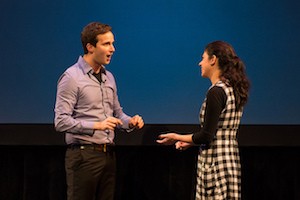
3. Saying Yes to the Unusual
Philip Markle, executive director of Annoyance Theater in Brooklyn, and our own Nina Williams, associate director of development at the Medical Center, riffed on the lessons of improvisation, and led the room through some exercises. “The key to improv,” Markle said, “is to listen to and build on what your fellow performers say.” By saying yes to the unusual, the unlikely, and the improbable, we validate outside-the-box thinking, generate new ideas, and ultimately, better ways of working.
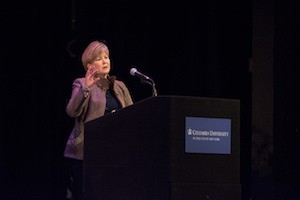 4. Full of Possibilities
4. Full of Possibilities
Columbia raised a record $6.1 billion during its last campaign, and is on track to announce the next biggest number for the Ivy League.
“For Columbia and the Office of Alumni and Development, and our peers across the community, FY2016 is full of possibilities,” said executive vice president for University development and alumni relations, Amelia J. Alverson.
We’ve set ambitious goals for dollars, donors, and engagement for the campaign. Each of us, Amelia said, has an opportunity “think big” and imagine the possibilities in our work by “listening to those around you… and taking risks to improvise and innovate.”
Opportunities also exist to engage alumni, donors, and friends in “3D”: through university Big Ideas; school ideas and initiatives; and all the ongoing ways we are are already engaging with faculty, alumni, students, and donors.
“It all leads to strengthening Columbia’s role in the world,” said Amelia.
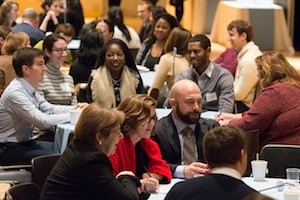 See the Retreat in Photos
See the Retreat in Photos
Look for your colleagues (and yourself) in our photo gallery.
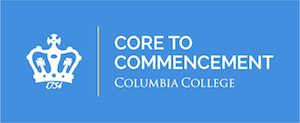 Core to Commencement, Columbia College’s historic campaign, has reached an important milestone. $200 million has been raised to date—halfway to the campaign goal—demonstrating incredible enthusiasm for and commitment to this exciting initiative, designed to support the undergraduate experience for students and the faculty who teach them.
Core to Commencement, Columbia College’s historic campaign, has reached an important milestone. $200 million has been raised to date—halfway to the campaign goal—demonstrating incredible enthusiasm for and commitment to this exciting initiative, designed to support the undergraduate experience for students and the faculty who teach them.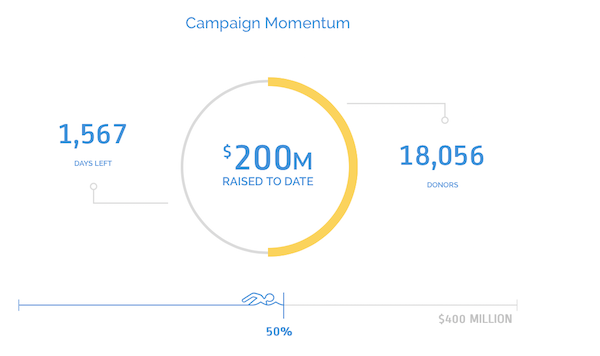
 James J. Valentini, dean of Columbia College and vice president for Undergraduate Education and Elisabeth Ladenson, professor of French and Comparative Literature, spoke about teaching in the Core and the profound impact of the Curriculum on students: encouraging curiosity and critical thinking, building confidence, and enabling them to draw rich cultural and historical references throughout their lives.
James J. Valentini, dean of Columbia College and vice president for Undergraduate Education and Elisabeth Ladenson, professor of French and Comparative Literature, spoke about teaching in the Core and the profound impact of the Curriculum on students: encouraging curiosity and critical thinking, building confidence, and enabling them to draw rich cultural and historical references throughout their lives.

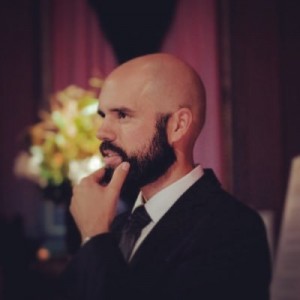
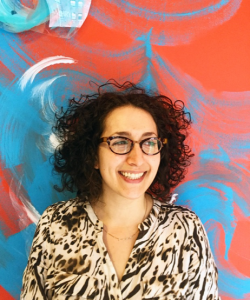 rman ’17SIPA
rman ’17SIPA